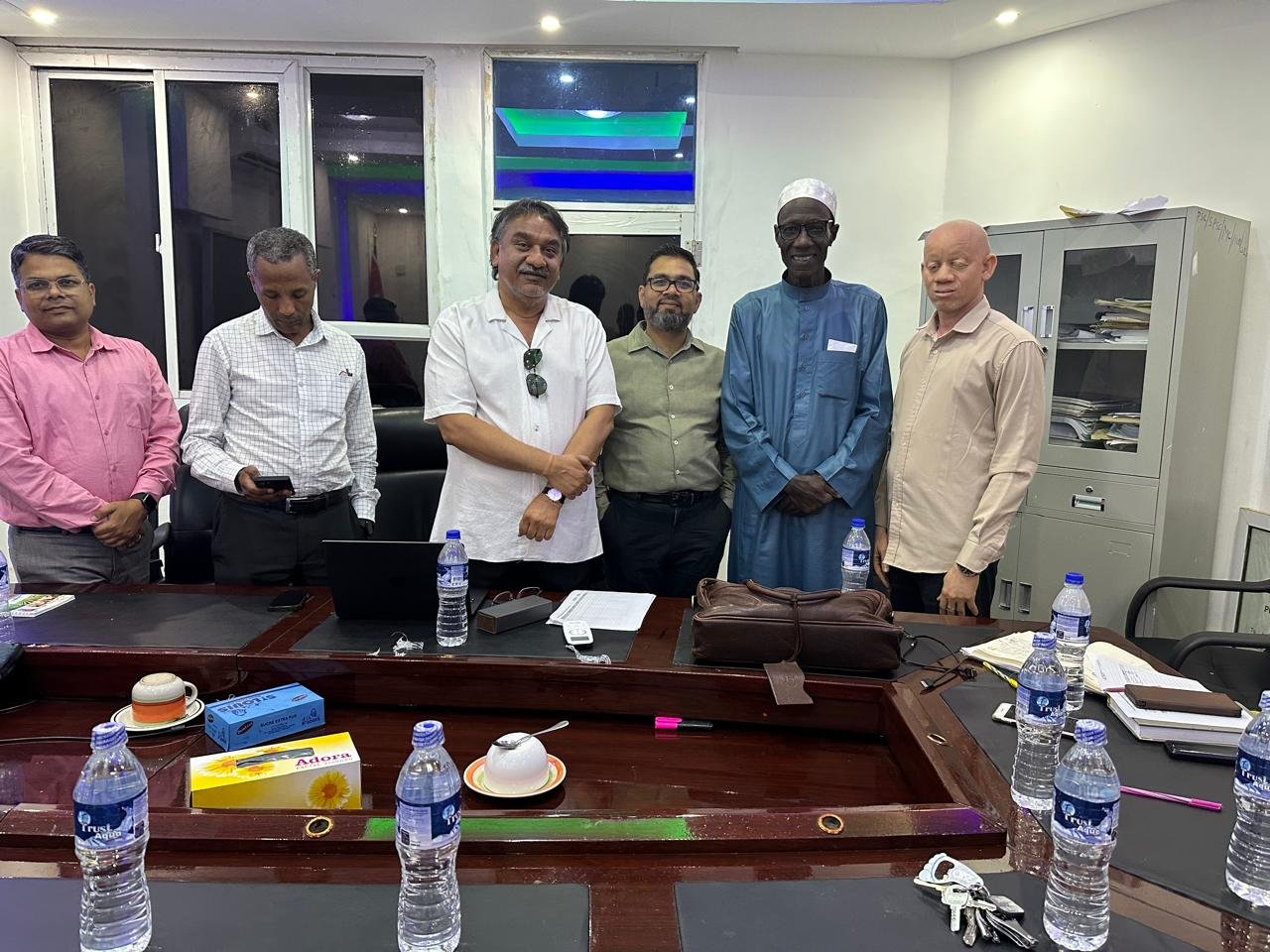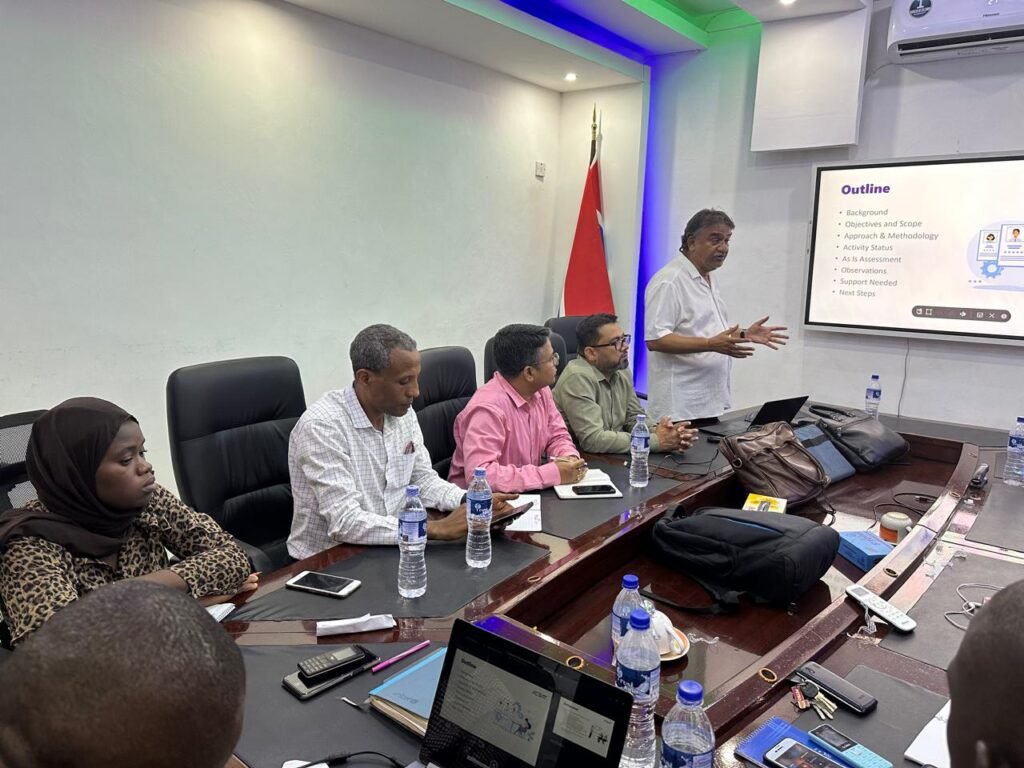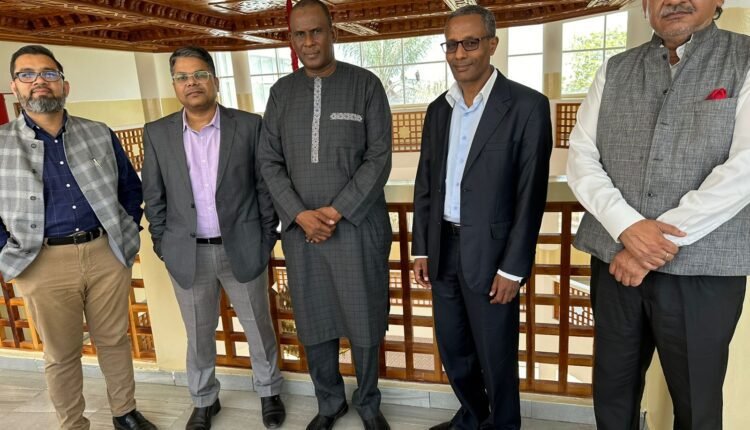CSM Tech Secures Contract to Implement HRMIS in The Gambia
CSM Tech drives Gambia’s governance transformation with advanced HRMIS
Bhubaneswar, India – CSM Tech, a prominent Indian IT company, is set to revolutionize governance in The Gambia with its advanced Human Resources Management Information System (HRMIS). The company has secured a significant contract from the Ministry of Finance & Economic Affairs (MoFEA) under The Gambia Fiscal Management Development Project (GFMDP), backed by the World Bank.

The HRMIS initiative is part of The Gambia’s broader Integrated Financial Management and Information System (IFMIS) project. It aims to modernize human resource management across all Ministries, Departments, and Institutions within the country. The project is expected to enhance efficiency, transparency, and responsiveness in the Gambian government.
CSM Tech drives Gambia’s governance transformation with advanced HRMIS.
CSM Tech’s Founder and CEO, Priyadarshi Nanu Pany, expressed his enthusiasm about the partnership. “Our collaboration with The Gambia represents a critical step towards modernizing public service delivery in West Africa,” he said. “By implementing a state-of-the-art HRMIS, we are not just streamlining processes; we are laying the foundation for a more efficient and transparent government.”

Asit Mohanty, Senior Manager (HR) at CSM Tech, emphasized the global impact of the project. “Our HRMIS initiative in The Gambia exemplifies CSM Tech’s commitment to global digital transformation,” he noted. “We are empowering the Gambian government to make data-driven decisions, optimizing their most valuable asset—people.”
The project will provide real-time insights into human capital, enabling better resource allocation and workforce planning. This strategic move positions The Gambia as a leader in e-governance in West Africa, serving as a model for other developing nations.

CSM Tech‘s involvement in this project marks a significant milestone in its ongoing efforts to drive efficiency and transformation in governance through technology, both in Africa and globally.



Comments are closed.